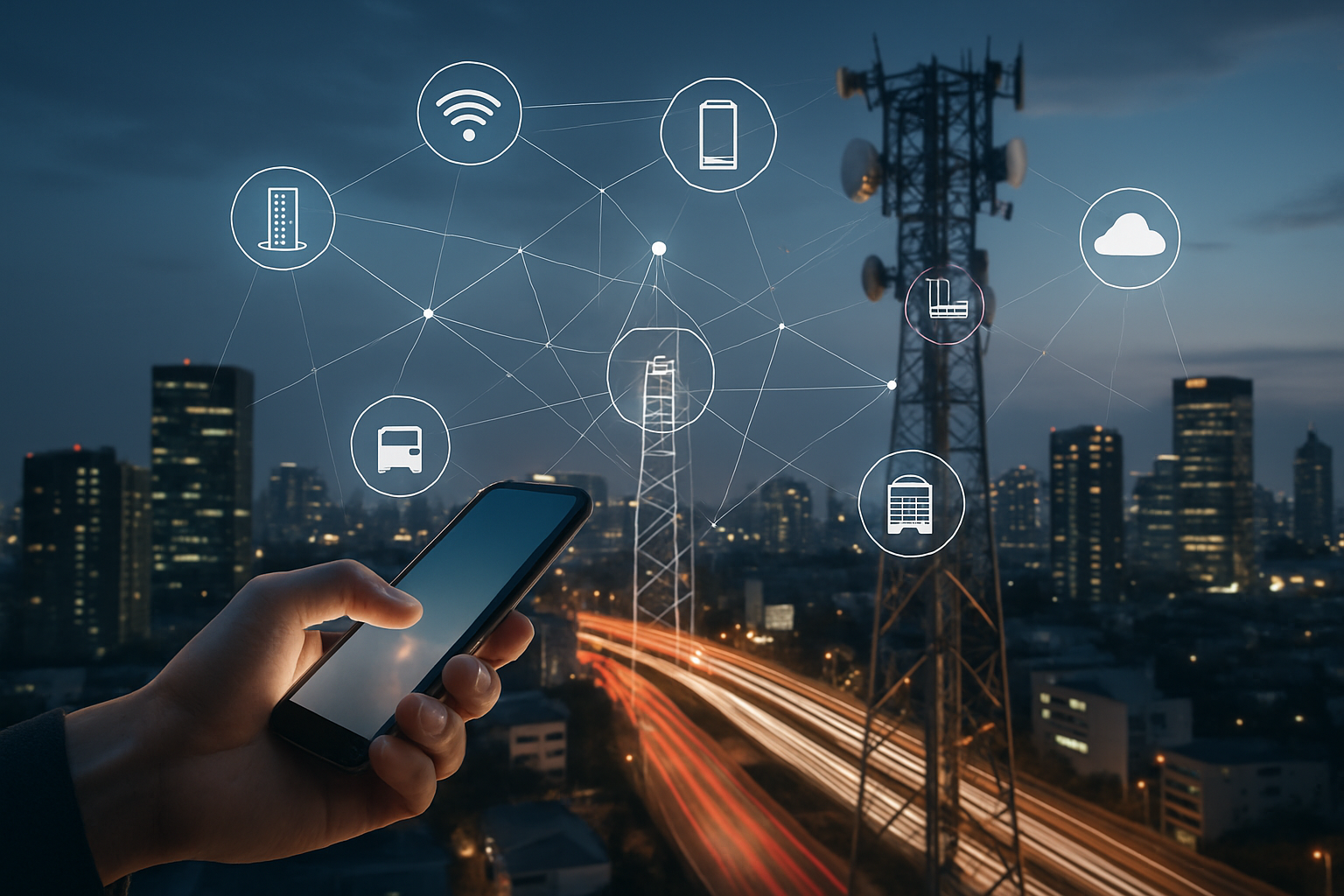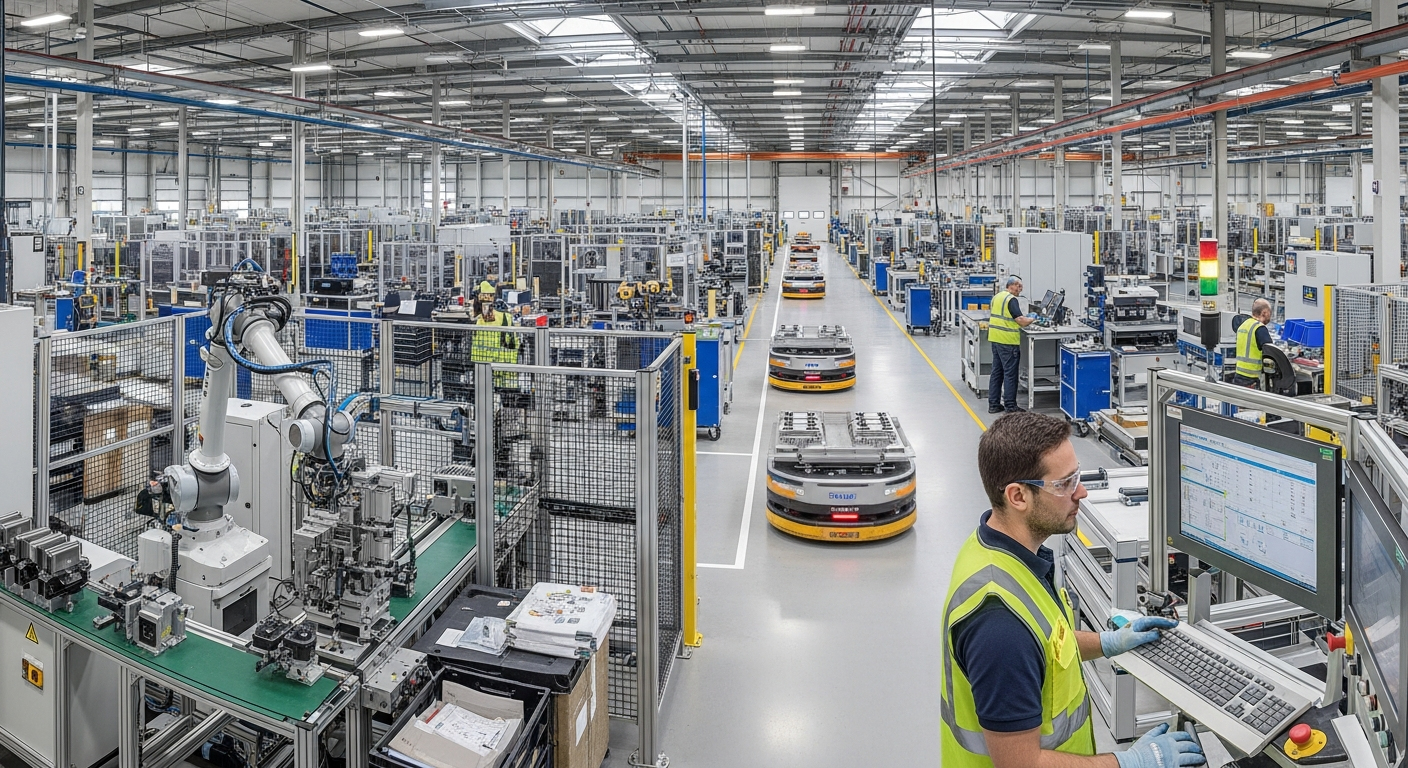Smart Cities and the Role of Telecommunications: A Modern Perspective
In the digital age, cities around the world are transforming at an unprecedented pace. Smart cities, powered by advanced telecommunications and internet technologies, are not just a futuristic concept, but an evolving reality. This article explores the dynamic role of telecommunications in shaping smart cities, highlighting the challenges and practical applications of this transformative movement.

The Genesis of Smart Cities
The smart city concept is not new. It has its roots in the 1990s, when information technologies started infiltrating urban planning and public administration. The revolution of the internet and the proliferation of mobile devices in the 2000s further accelerated this transition. At its core, a smart city uses digital technology, data, and connectivity to enhance the quality of urban services, reduce costs, and improve the lifestyle of its residents.
The Telecommunications Backbone
Telecommunications plays an integral role in enabling smart cities. It provides the infrastructure for connectivity, data exchange, and communication, which are critical for smart services. For example, smart grids rely on telecom networks for real-time data transmission, enabling energy conservation. Similarly, smart transportation systems leverage telecom for traffic management, public transport coordination, and communication with drivers.
Regulatory Landscape and Industry Trends
As smart cities evolve, they bring new regulatory challenges. Data privacy, cybersecurity, and infrastructure standards are key areas of concern. Governments and regulatory bodies worldwide are grappling with these issues, striving to create an environment that fosters innovation while safeguarding public interests.
In terms of industry trends, partnerships between telecom providers, technology companies, and city administrations are on the rise. These collaborations are driving the development and deployment of smart city solutions, from intelligent lighting systems to connected waste management.
Impact and Challenges
The impact of smart cities is profound. They promise improved public services, energy efficiency, and a better quality of life. However, they also pose challenges. For instance, the dependence on digital technology raises concerns about cybersecurity. Additionally, the digital divide could exacerbate social inequalities, as those without access to technology are left behind.
Practical Applications
Despite these challenges, many cities are successfully implementing smart solutions. Barcelona, for example, has deployed IoT sensors for parking, waste management, and environmental monitoring. In Singapore, smart traffic systems have significantly reduced congestion.
In conclusion, telecommunications is at the heart of the smart city revolution. It provides the connectivity backbone that enables intelligent urban services, driving efficiency and improving lives. However, the journey towards fully realized smart cities is fraught with challenges. As we navigate this digital transformation, it is crucial to address these issues and ensure that the benefits of smart cities are accessible to all.






